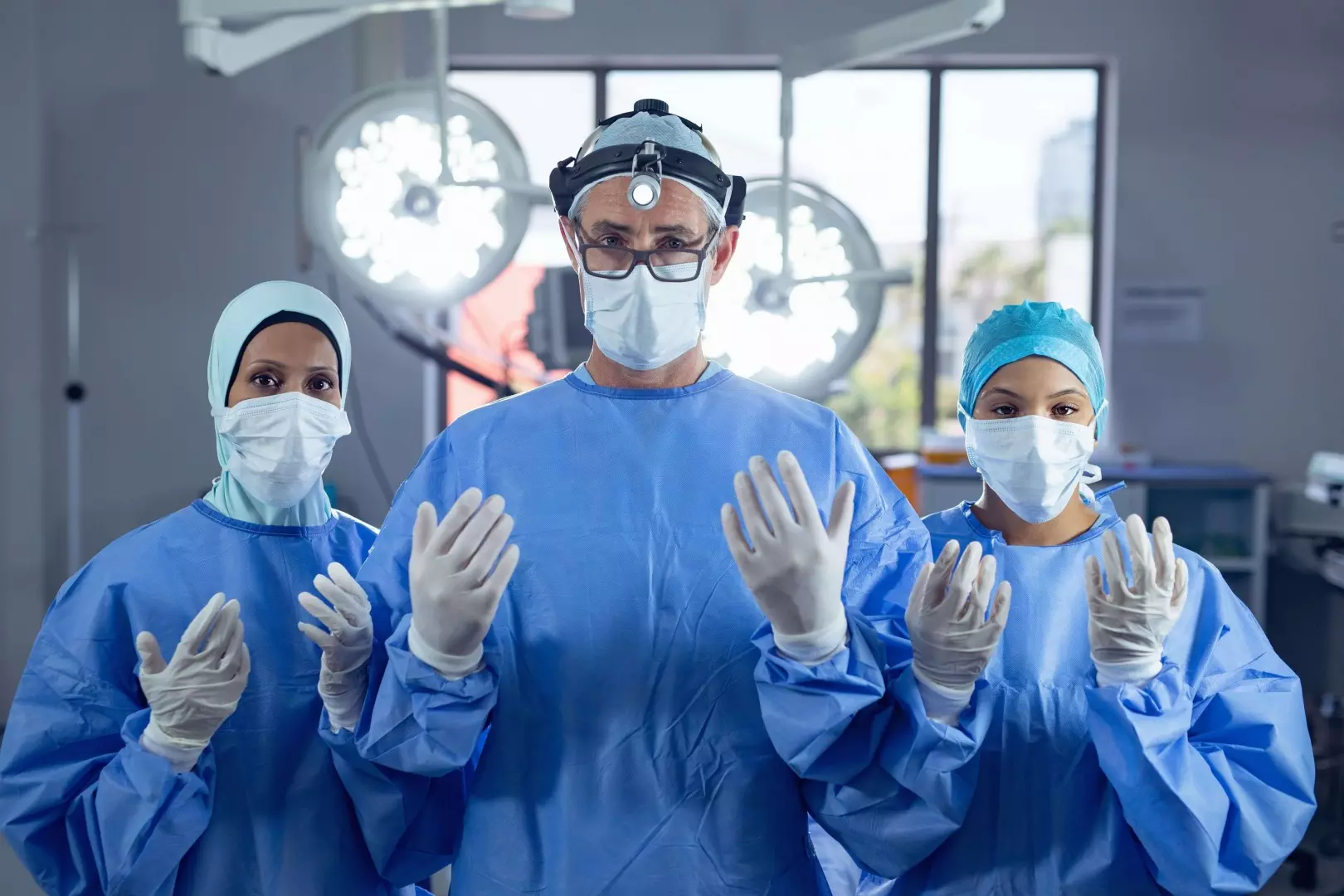Comments
- No comments found

As technology advances, more and more industries are able to benefit from it.
Among those industries is health care, particularly the surgery department. As a branch of medicine that's highly dependent on a surgical team's skills and experience, surgery also relies heavily on innovations and new technologies that can help improve efficiency and safety. Suppose you're part of the team that performs surgical operations. In that case, it's worth knowing some of the latest trends and innovations that can make your work more efficient, more promising, and somewhat less tedious than it currently is.
If you're interested to learn more about technological changes that boost surgical efficiency, the list below can help you out.

Surgical centers, medical offices, and hospitals need sufficient lighting so they can operate properly and accurately. Thanks to technology, lighting designs have significantly evolved over the years. The aim is to address the risk of eye strain and glare during operations. Today, surgical lighting is made movable and dimmable and even has video recording capabilities thanks to built-in cameras.
Higher definition and more precise illumination are also made possible with the help of precision equipment such as BFW's surgical camera system, which allows the surgical team to capture and record footage. Add to that the assistance it can extend when you want to provide learning materials for remote learning and medical teaching. With surgical headlights, your team can have better mobility while operating since they no longer need to use their hands to hold the light.
Good lights also reduce the possibility of errors, improve visibility, and allow for better tissue differentiation. These lighting innovations have a significant impact on surgical efficiency as they enable surgeons to concentrate more on their tasks, ultimately making operations more accurate and successful. For example, doctors performing Essure reversal surgery can rely on advanced lighting systems to see the small fallopian tubes and precisely remove the devices. The process is delicate and good lights help ensure that it's done with utmost precision.
Robotic or robot-assisted surgery is often used in surgeries done with tiny incisions, also referred to as minimally invasive operations. However, it may also be associated with certain open surgeries, depending on the patient's condition. During clinical robotic surgery, surgical instruments are attached to mechanical and camera arms. The surgeon sits at a computer console while controlling the arms. Through the console's help, the surgeon can see the surgical site while also leading the rest of the team during the operation.
With robotic surgery, doctors can perform different types of procedures with more control, flexibility, and precision. The cameras attached to the arms provide a magnified and high-definition view of the incision, usually 3D. Robot-assisted procedures typically include cardiac valve repairs, gynecologic surgeries, and prostatectomies.

Augmented reality (AR) is another innovation that can boost surgical efficiency. The approach is now used universally, with computers invading science and medicine. Surgeons wear AR glasses while operating to look at real-time information. This way, doctors have everything they need to help them throughout the surgery.
Moreover, they no longer have to take their eyes off what they're working on, thus improving accuracy and efficiency. Aside from the assistance AR can give during surgery, it provides three-dimensional photos of tumors and organs so surgeons can have a better view and analyze what they need to do.
There's usually a misconception that virtual reality (VR) is similar to AR, but that's not in any way accurate. The difference between the two comes down to the tools and devices used for each of them. The experience is also entirely different. VR is downright virtual, while AR presents a real-world setting. In surgeries, putting on a pair of VR goggles brings the surgeons to a virtual and three-dimensional world.
To add, VR significantly helps in training residents and medical students so they can get first-hand experience of what it's like to perform actual surgical procedures. Surgeons are given an advantage when educating their patients to explain the process more clearly and what they can expect from it. As a result, doctors can plan and prepare well for their upcoming surgeries.
The advancements in wireless connectivity and robotics have paved the way for telesurgery to happen. With the help of wireless networks, surgeons can operate using robotic instruments without the doctors being physically there to perform the procedure. They can be at home or in a different hospital, country, or continent while doing the surgery. What's more, efficiency and accuracy won't be affected in any way.
With the help of telesurgery, patients no longer have to travel to another location to get the care they require. This is extremely helpful, particularly during the pandemic where people are taking extra precautions and minimizing the need to get in close contact with medical staff in fear of getting exposed to infections and viruses.
Surgeries will always involve risks, but with the help of the innovations mentioned above, those risks may potentially decrease. Surgical efficiency is essential to ensure that the patient will achieve a desirable outcome after getting the procedure they need. Therefore, if you're a surgeon or you work at a surgical facility, it's highly recommended to consider making these technological advancements part of your surgeries and procedures.
Leave your comments
Post comment as a guest